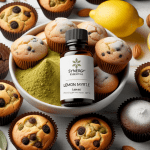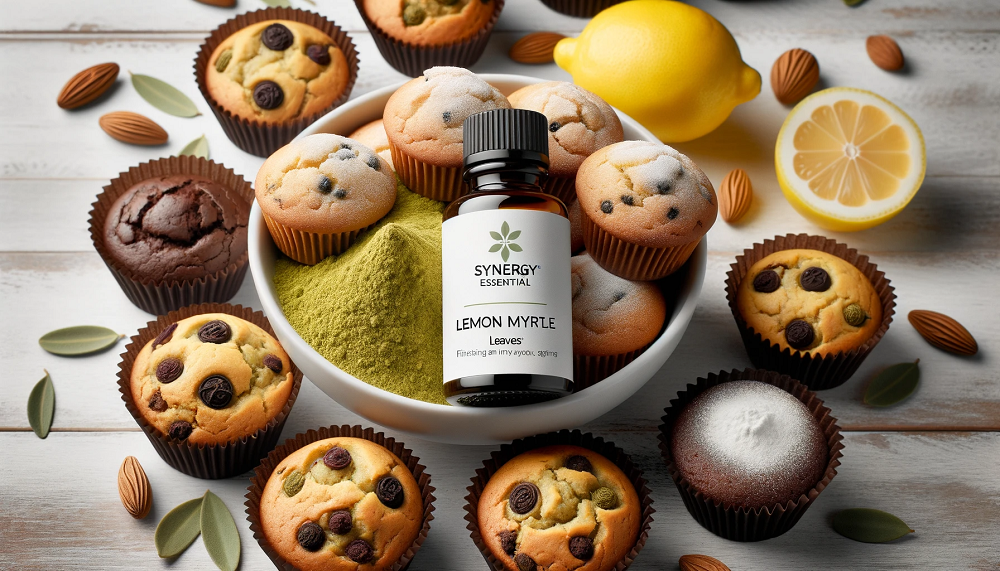- Herbal supplements continue to gain ground in daily wellness routines for balance and prevention.
- Global preventive health markets are on track to approach $139.9 billion by 2025.
- Consumers now view herbal options as part of holistic self-care, especially for stress and mental well-being.
- Transparency and quality standards remain critical in supplement selection.
What It Is and Why It Matters Now
Herbal supplements are plant-based products designed to support wellness, often derived from roots, leaves, berries, or flowers. They reflect a growing shift toward preventative and integrative approaches to health. The preventive health market is forecast to reach $139.9 billion by the end of 2025, driven by consumer interest in natural support options and self-directed care (Grand View Research).
In the age of holistic well-being, people seek ways to manage stress, improve focus, and complement traditional medicine. According to a report from the National Center for Complementary and Integrative Health, herbal and botanical products are among the most commonly used complementary health approaches in the U.S., showing a strong cultural shift toward integrative wellness.
Benefits and Evidence
Scientific interest in herbs such as ashwagandha, turmeric, ginseng, and echinacea continues to expand. Studies suggest that these botanicals may support areas such as immune health, energy balance, stress resilience, and joint comfort. However, researchers consistently emphasize that outcomes vary and that supplements should not replace conventional treatments.
For instance, ashwagandha and turmeric have been studied for their adaptogenic and anti-inflammatory effects, but the strength of evidence depends on preparation, dosage, and study design. Responsible use involves reading published research and consulting healthcare providers for individualized guidance.
Safety tips: Buy from reputable brands, follow label instructions, and be aware of potential interactions with prescription medications. Pregnant or nursing individuals should always seek professional advice before use.
How to Use Herbal Supplements
Herbal products come in various forms, from capsules and teas to tinctures and powders. Each format offers unique advantages and convenience, depending on lifestyle preferences and intended benefits.
| Form | Common Uses | Ideal For |
|---|---|---|
| Capsules / Tablets | Standardized dosing, easy daily intake | Busy schedules, consistent supplementation |
| Teas / Infusions | Hydration plus relaxation | Mindful routines, soothing evening habits |
| Tinctures | Fast absorption, customizable dosage | Experienced users or targeted blends |
| Powders | Versatile use in smoothies or recipes | Active lifestyles, post-workout support |
For a daily ritual, try blending herbal powders such as maca or moringa into morning smoothies, or unwind in the evening with chamomile tea. Consistency is key, and listening to one’s body helps personalize the experience.
Quality and Sourcing: The Synergy Essential Standard
The reliability and authenticity of supplements depend on ethical sourcing, transparency, and rigorous testing. Consumers should look for third-party certifications, clear ingredient labeling, and responsible harvesting practices. Sustainable supply chains protect biodiversity and support local farming communities.
At Synergy Essential, our approach centers on quality and transparency. We work with trusted growers, test raw materials for purity and potency, and ensure that every stage—formulation to packaging—meets stringent safety standards. This commitment reflects our mission to align nature’s wisdom with modern wellness innovation.
FAQs
1. Are herbal supplements safe for everyone?
Not always. Some herbs may interact with medications or medical conditions. It’s important to consult a qualified healthcare professional before adding new supplements.
2. How long does it take to notice effects?
Responses vary by individual and product type. Some users report benefits in a few weeks, while others may require months of consistent use.
3. Can I take multiple herbal supplements together?
Combinations can be effective, but certain herbs overlap in function or potency. Research the properties or seek professional advice to minimize interactions.
4. Do herbal supplements need to be organic?
Organic certification helps ensure cleaner cultivation, but equally important are lab testing, sustainable sourcing, and proper storage.
5. Where can I learn more about integrative wellness?
Reputable sources include the NCCIH and publications like the American Journal of Clinical Nutrition. Always cross-check information with credible science-based organizations.
Disclaimer
This article is for informational purposes only and does not constitute medical advice. Always consult a healthcare professional before starting any nutritional or supplement regimen.
Conclusion
The rise of herbal supplements reflects a larger cultural commitment to self-care and balance. As preventive health becomes mainstream in 2025, integrating botanicals thoughtfully and responsibly can enrich modern wellness routines. Explore more insights and evidence-based guidance on holistic living at Synergy Essential Blog.

